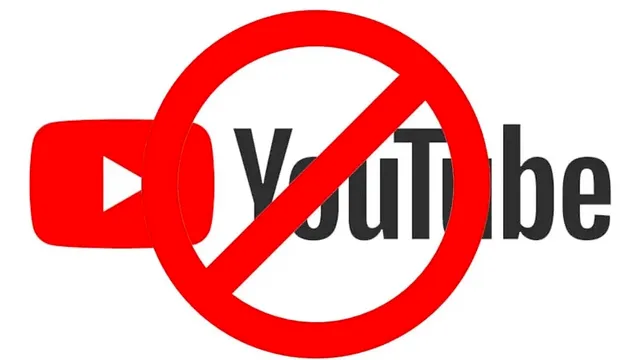A court in Islamabad has issued an order blocking access to 27 YouTube channels following a petition by the Federal Investigation Agency (FIA), which claimed these channels were spreading anti-state content. The court concluded that the material violated the Prevention of Electronic Crimes Act (PECA) and related penal laws, justifying the ban to protect national security and public order.
The banned channels include those linked to major political parties, activists, and media commentators. The FIA investigation, launched on June 2, reviewed content that allegedly targeted state institutions and authorities, concluding that legal intervention was necessary.
Under the court directive, YouTube is required to disable access to the specified channels within Pakistan. The ban is part of growing government efforts to regulate digital platforms and control content deemed harmful or misleading.
This ruling reflects broader policy trends under PECA, which grants regulatory bodies authority to swiftly remove or block content judged to threaten state stability and societal cohesion. Critics argue such measures risk curbing freedom of expression and media diversity, while supporters emphasize the need to counter anti-state propaganda and online extremism.



Comments (0)
No comments yet. Be the first to comment!
Leave a Comment